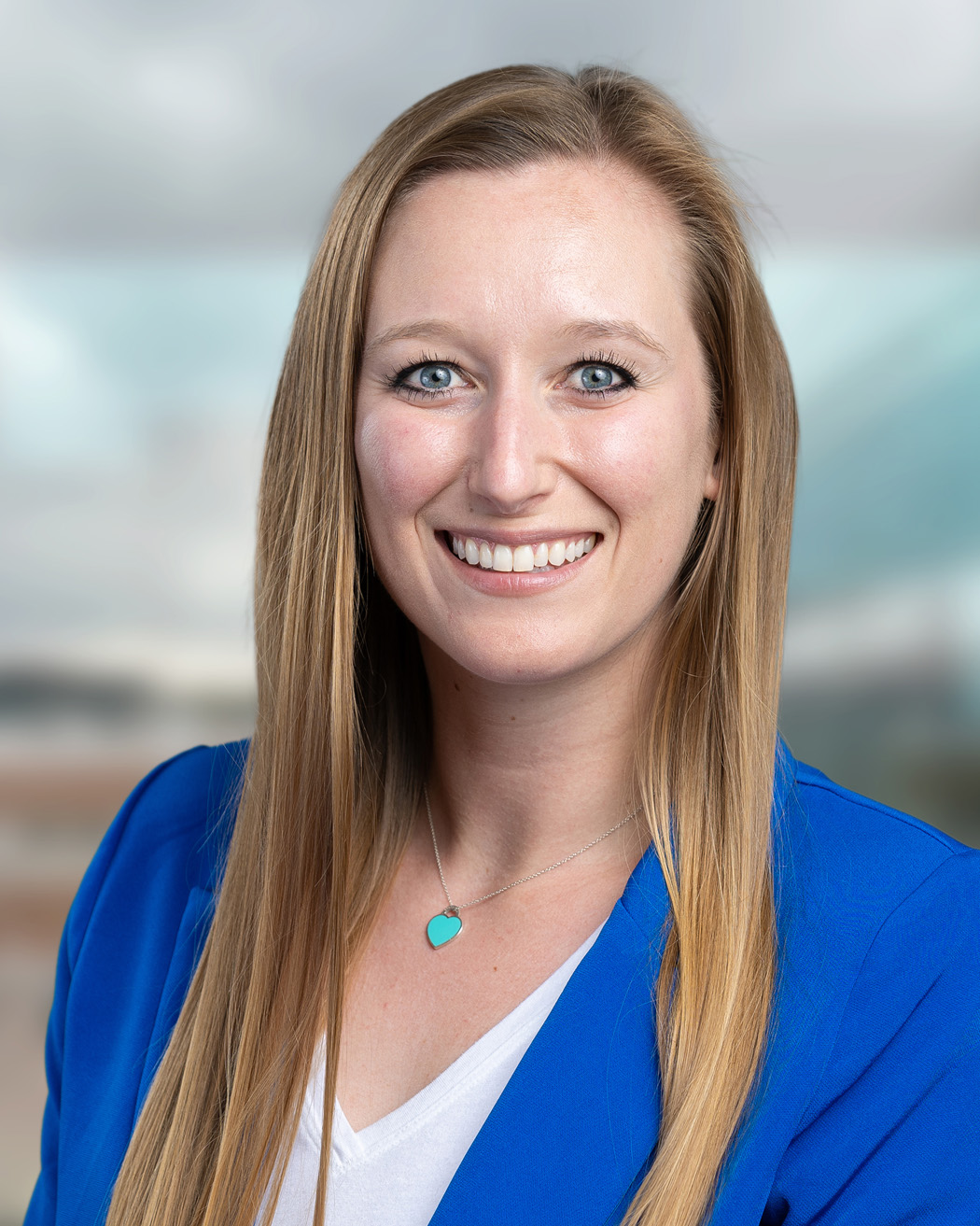
Assistant Professor of Chemistry
Joined the laboratory in 2022
Education and training
- BS, Chemistry, University of California, Los Angeles, 2016
- PhD, Inorganic Chemistry, Florida State University, 2020
Research focus
- Inorganic and radiochemistry
Contact information
Links
Research
The Gaiser Group’s research is targeted at meeting societal needs for better energy and medical applications. Elucidating the fundamental chemistries of promethium and radium will allow for more pure sources of these elements to be used as well as expanding on their current applications.
Promethium has shown great promise in nonthermal nuclear batteries, while radium has found profound use in targeted alpha therapies for treating bone metastasized cancers. Illuminating the fundamental chemistries of these elements will help in obtaining pure sources of promethium for nuclear batteries and developing a molecular scaffold for radium that will allow other forms of cancer in addition to those that are bone metastasized to be treated with the unique decay pathway of radium-223 already shown to be so effective for cancer treatment.
Biography
Dr. Gaiser was born and raised in the Los Angeles area, where she attended UCLA for her undergraduate studies, majoring in chemistry and minoring in mathematics. She then moved to Florida, where she obtained her PhD in inorganic chemistry at Florida State University in the Albrecht-Schoenzart Group. Her studies led her back to the west coast as a post doctorate researcher in the Abergel Group at Lawrence Berkeley National Laboratory. Delightfully, she has made her home as an Assistant Professor at Michigan State University joint between the chemistry department and FRIB, where her research is dedicated toward societal advancements through the research of radionuclides.
How students can contribute as part of my research team
Undergraduate and graduate students are welcome to contribute to our research team. Before performing a reaction with radioactive material, that reaction must be exceptionally well rehearsed with the best non-radioactive analogs of the isotope. This allows undergraduates and graduate students ample time to get hands on practice in lab prior to the radioactive experimental run.
Scientific publications
- Creation of an unexpected plane of enhanced covalency in cerium(III) and berkelium(III) terpyridyl complexes, Gaiser, A.N., Celis-Barros, C., White, F.D. et al., Nat Commun 12, 7230 (2021)

